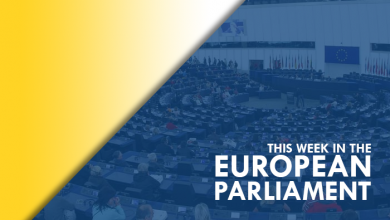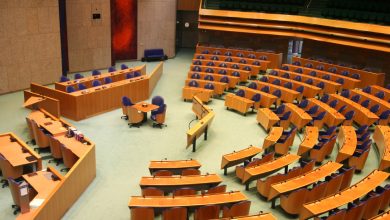What does the EU Commission think of globalization?

Last week the EU Commission issued a “Reflection paper” dedicated to globalization and the way the European Union should handle its effects in the near future. This paper is a part of a series inaugurated by the Commission with the White Paper on the Future of Europe (we already talked about it here), where it outlined five different paths the EU could take in the next years.
Here are some takeaways from the reflection paper:
1) The Commission seems oriented to adopt a “Nordic approach” to face globalization, or at least that’s what the authors Frans Timmermans and Jyrki Katainen think. Throughout the paper, the importance of free trade, fair competition and work flexibility is highlighted; the Commission agrees that globalization is overall a positive force which brings prosperity and opens new possibilities to European citizens, but it also states that causes unemployment in certain sectors and exacerbates economic inequality. The authors call for more work flexibility, but also for the reinforcement of safety nets to protect the unemployed and for policies to reduce such inequality. This approach could just well be a compromise between the two Commissioners, who come from different political families – Timmermans from the socialdemocratic, Katainen from the conservative – or a truly shared political vision on globalization.
2) Multilateralism and diplomacy are core principles. Two terms drew my attention: cultural diplomacy and economic diplomacy. The Commission thinks that more international cooperation is needed and that the EU should play a significant role in shaping globalization in its own terms without being dragged by the other economic powers. A first attempt is the replacement of the Investor-State Dispute Settlement (ISDS) – the most criticized aspect of the economic agreement between the EU and USA – with the Multilateral Investment Court, a fairer, more transparent way to settle disputes between companies and governments, in the Commission words. This acknowledgment from the Commission could have been triggered by the many mass protests which took place throughout Europe during the TTIP negotiations. The staunch critics of the ISDS may not be satisfied, but we think it’s a
step forward.
3) More importantly, the Commission recognizes that the challenges Europe and its members will have to face over the coming years cannot be addressed by the single nation states:
“As the world’s largest single market, its largest trader and investor, and the largest provider of development assistance, Europe can shape the global rulebook. But to maintain this influence in the face of demographic, economic and political shifts, we will increasingly have to pull together and speak with a single voice. By 2050, no single European country will be among the top 8 economies by size.”
What we ask to the Commission is: if not by federalizing the Union, how do you think the European countries could start speaking with a single voice?




